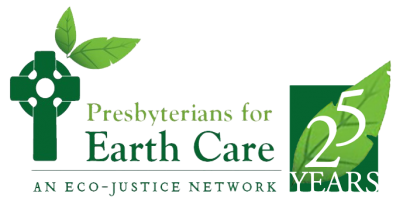Labels, Food Waste & Climate Change
Labels, Food Waste & Climate Change
What are the relationships between label date confusion, wasting good food, and methane emissions from landfills? In the U.S., a staggering estimated 38% of all food goes unsold or uneaten – the equivalent of 149 billion meals annually. It’s valued at $444 billion, roughly 2% of U.S. GDP, and it has the same climate footprint as the entire U.S. aviation industry (passenger, commercial, and military). Join PEC for a webinar with ReFED, a national nonprofit that leverages a holistic view of the food system to collaborate with key audiences and generate large-scale, meaningful impact.
Confusion over food labels can lead to food waste, increased organic waste in landfills, rotting food in landfills, and methane emissions. In addition to environmental concerns, perfectly good food could be going to feed hungry unsheltered people through our food pantries if label confusion could be addressed. Join us to learn what we can do about food waste in our communities, homes, and places or worship.
Webinar Presenter: Minnie Ringland

Minnie Ringland serves as ReFED’s Climate Analyst, studying the greenhouse gas emissions factors used to link food waste to climate change, translating these findings to support ReFED’s partners and solution providers, and generally working to improve our understanding of food waste’s impacts. She also supports key Data & Insights work, including Insights Engine updates and food business initiatives. Minnie has followed an interest in food systems since college, where she led the Food Action student club, working on food waste and nutrition issues, and helped organize the annual Yale Food Systems Symposium in 2015. She holds a master’s degree from the Bren School of Environmental Science & Management, where her capstone project investigated emissions and carbon sequestration associated with Santa Barbara County’s agricultural lands.
Minnie Ringland welcomes your questions and you can email her at minerva.ringland@refed.org
